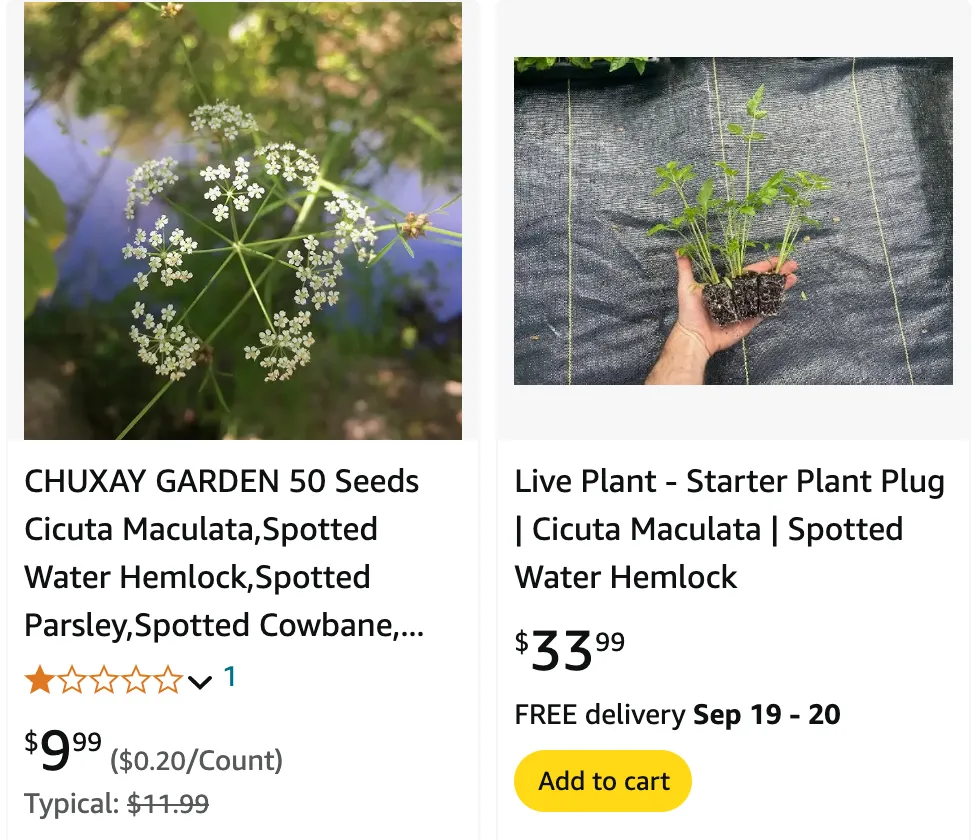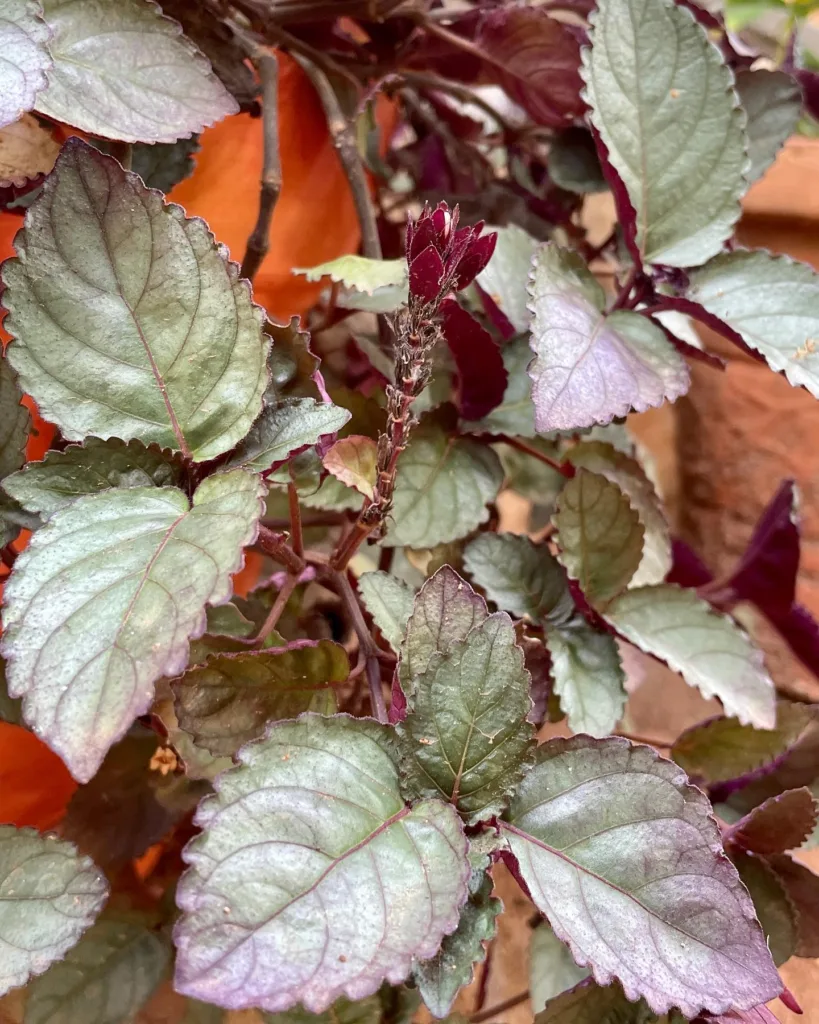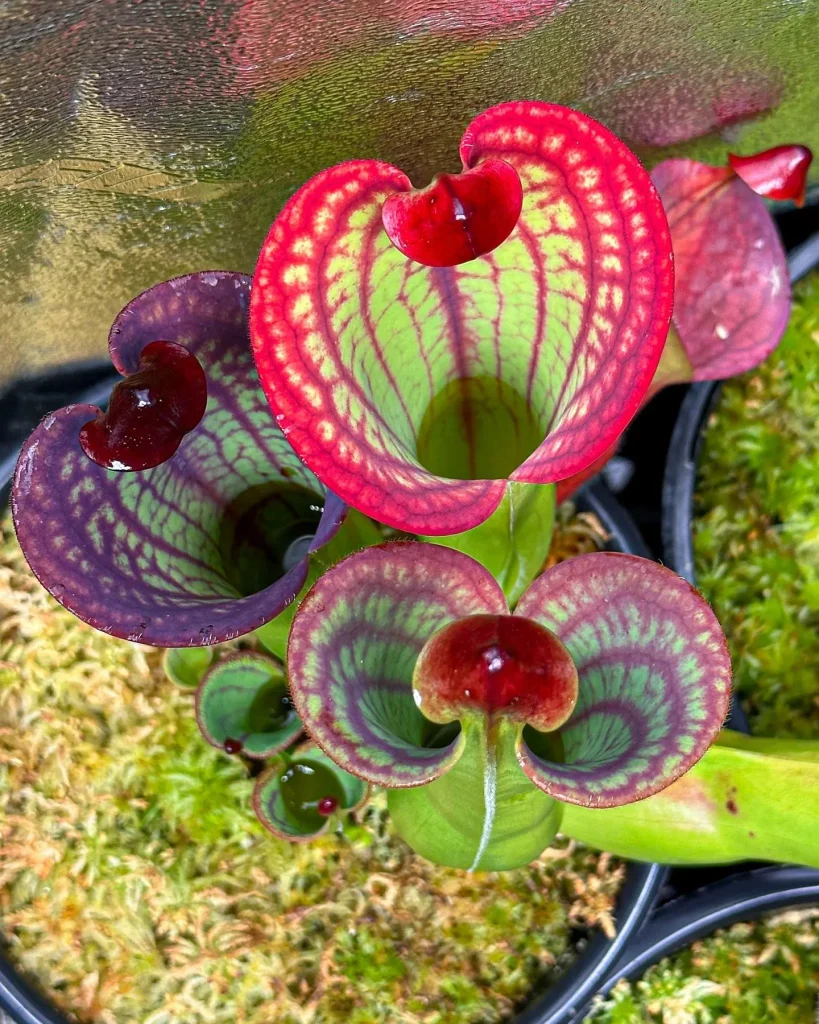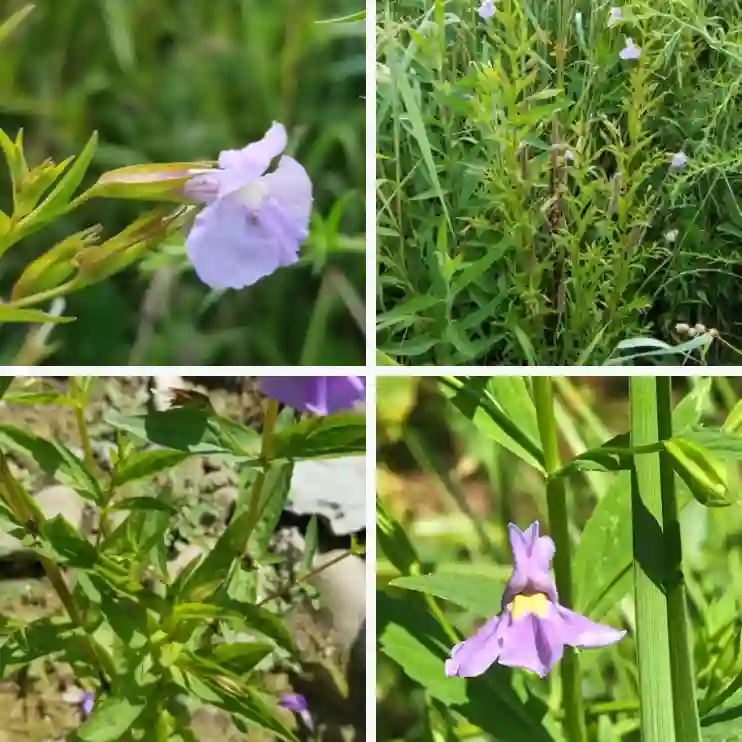
FAQs About Cicuta Maculata
Cicuta Maculata, commonly known as water hemlock, is one of the most notorious plants in North America due to its extreme toxicity. Despite its striking appearance, it’s vital to know about its dangerous effects, especially for those who live near wetlands or pastures. Here, I’ll answer some frequently asked questions to provide insight into this plant’s characteristics, toxicity, and how it compares to other plants like parsley and Torilis Arvensis.
4 Species in Genus Cicuta – Water Hemlock
Is Cicuta Maculata Poisonous?
Yes, Cicuta Maculata is highly poisonous. Every part of this plant contains cicutoxin, a potent neurotoxin. Even a small amount can be fatal to humans and animals. It’s often regarded as one of the most toxic plants in North America. Ingesting any part of this plant can lead to convulsions, respiratory failure, and death within hours.
For those unfamiliar with wild plants, the danger lies in its resemblance to edible plants, which often leads to accidental poisoning. Therefore, identification is crucial if you’re near wetlands or areas where Cicuta Maculata thrives.
How Much Water Hemlock Cicuta Maculata Would Kill Cattle?
Even small amounts of water hemlock can kill livestock. Consuming as little as 0.1% of an animal’s body weight in fresh plant material can lead to fatal poisoning. For cattle, this could be as little as a few hundred grams. The plant is most dangerous in the spring when it begins to sprout. Since it grows in damp, marshy areas, cattle grazing in wetlands are particularly at risk. Once ingested, symptoms in cattle include tremors, convulsions, and often death within hours.
Cicuta Maculata vs Parsley
One of the reasons Cicuta Maculata is so dangerous is its resemblance to common edible plants like parsley. The two share similar-looking leaves, and an unsuspecting person could mistake water hemlock for a harmless herb. However, parsley has a much lighter, softer scent, while water hemlock gives off a stronger, unpleasant odor, especially when crushed. Additionally, water hemlock has purple streaks or spots on its stems, while parsley stems are green.
This visual similarity makes identification crucial. Always check for the distinctive purple spots on Cicuta Maculata before assuming any wild plant is parsley.
Cicuta Maculata vs Torilis Arvensis
Torilis Arvensis, commonly known as hedge parsley, also bears a striking resemblance to Cicuta Maculata. Both plants belong to the carrot family and share similar umbrella-like clusters of small white flowers. However, Torilis Arvensis is far less toxic. Unlike Cicuta Maculata, which grows primarily in wetland areas, Torilis Arvensis prefers drier environments, such as fields and roadsides. The leaves of Torilis Arvensis are usually finer and more delicate than Cicuta Maculata.
To avoid any confusion between these two plants, always examine the growing environment and look for the telltale purple markings on Cicuta Maculata’s stems.
Can You Grow Cicuta Maculata Indoors?
Given its toxicity, growing Cicuta Maculata indoors is not advisable. This plant poses a serious risk to both humans and pets. Even handling the plant without proper protection can cause skin irritation or worse if any of the sap is absorbed through the skin. It’s best left in the wild, where it serves an ecological purpose without posing a direct threat to people or animals.
How Does Cicuta Maculata Compare to Other Poisonous Plants?
Cicuta Maculata is often compared to other highly toxic plants like poison hemlock (Conium Maculatum). While both are extremely dangerous, Cicuta Maculata is considered deadlier. Poison hemlock causes death more slowly, giving a bit more time for intervention, while Cicuta Maculata works quickly, leading to seizures and respiratory failure.
Other plants in the carrot family, like wild parsnip and giant hogweed, also pose a danger, primarily through skin irritation from their sap, but neither is as lethal as Cicuta Maculata when ingested.
Is Cicuta Maculata Beneficial in Any Way?
Despite its deadly nature, Cicuta Maculata plays a role in the ecosystem. Its flowers attract pollinators, including bees and butterflies. However, these benefits are overshadowed by the plant’s risk to larger animals and humans, so it’s rarely cultivated intentionally in gardens or public spaces.
Common Problems Associated With Cicuta Maculata
The main problem with Cicuta Maculata is its potential for accidental poisoning. Because it resembles several edible plants like parsley and its relatives, many foragers and livestock owners may accidentally ingest it. The plant can also spread in wetland areas, making it a hazard in regions with grazing animals.
Another issue is its presence near water sources. Since it thrives in marshes and along stream beds, the plant can quickly become part of a local ecosystem, presenting risks to wildlife.
How to Identify Cicuta Maculata?
Identifying Cicuta Maculata accurately is essential for safety. Here are a few tips:
- Look for purple spots or streaks on the stems.
- The plant typically grows in marshy or wet areas.
- Its leaves are compound and finely divided, similar to those of carrots or parsley.
- It produces umbrella-like clusters of small white flowers.
Paying close attention to these characteristics can help prevent dangerous confusion with non-toxic plants.
How Do You Handle Cicuta Maculata Safely?
Handling Cicuta Maculata requires extreme caution. Always wear gloves and protective clothing to prevent contact with its sap. If you need to remove it from your property, be sure to use tools to avoid direct contact with your skin, and dispose of the plant properly. Inhaling fumes from burning water hemlock is also dangerous, so never burn the plant.
Final Thoughts
Cicuta Maculata is a plant you must respect, especially if you live near wetlands where it grows. It may look harmless, even resembling common herbs like parsley, but its toxicity is unparalleled. By understanding the risks, how to identify it, and how to protect yourself, you can safely coexist with this deadly beauty. Whether you’re a gardener, forager, or livestock owner, awareness of Cicuta Maculata can save lives.
If i die, water my plants!



